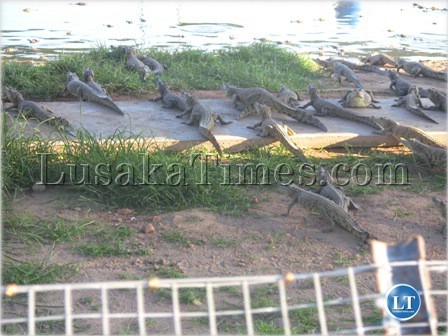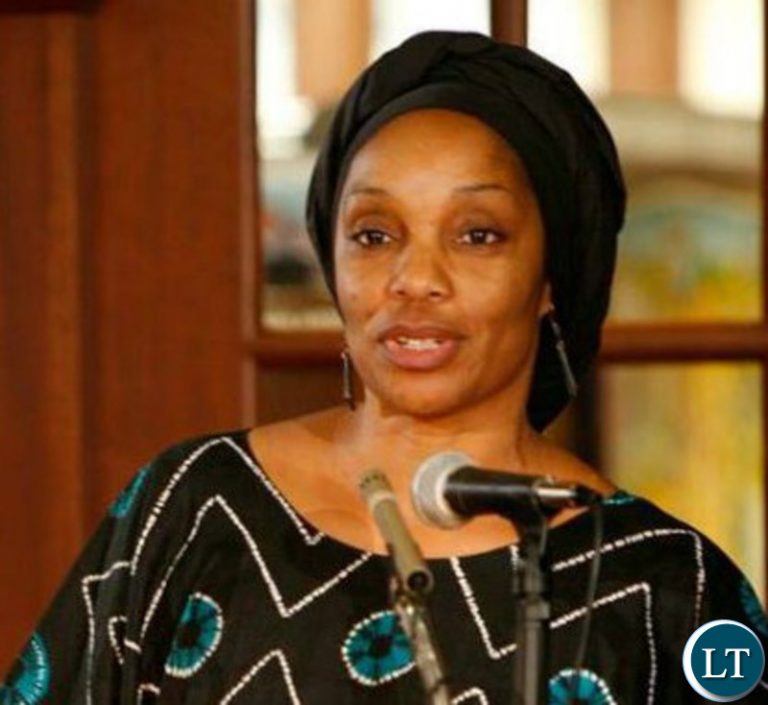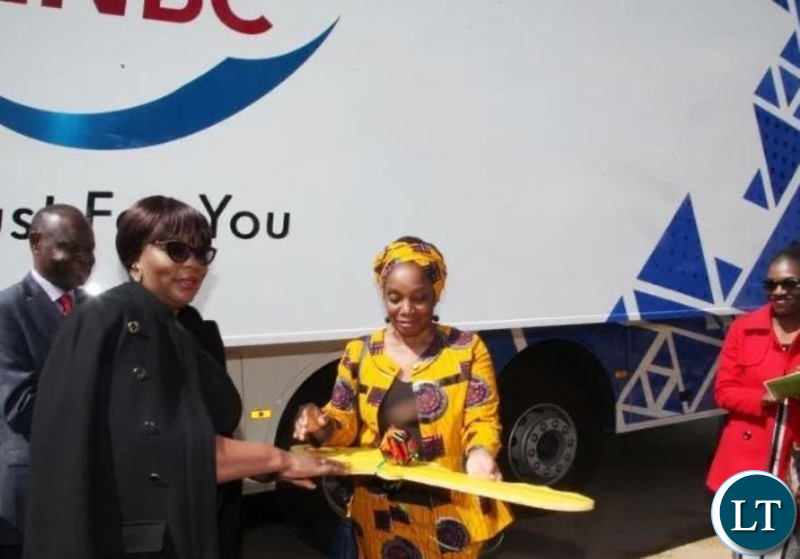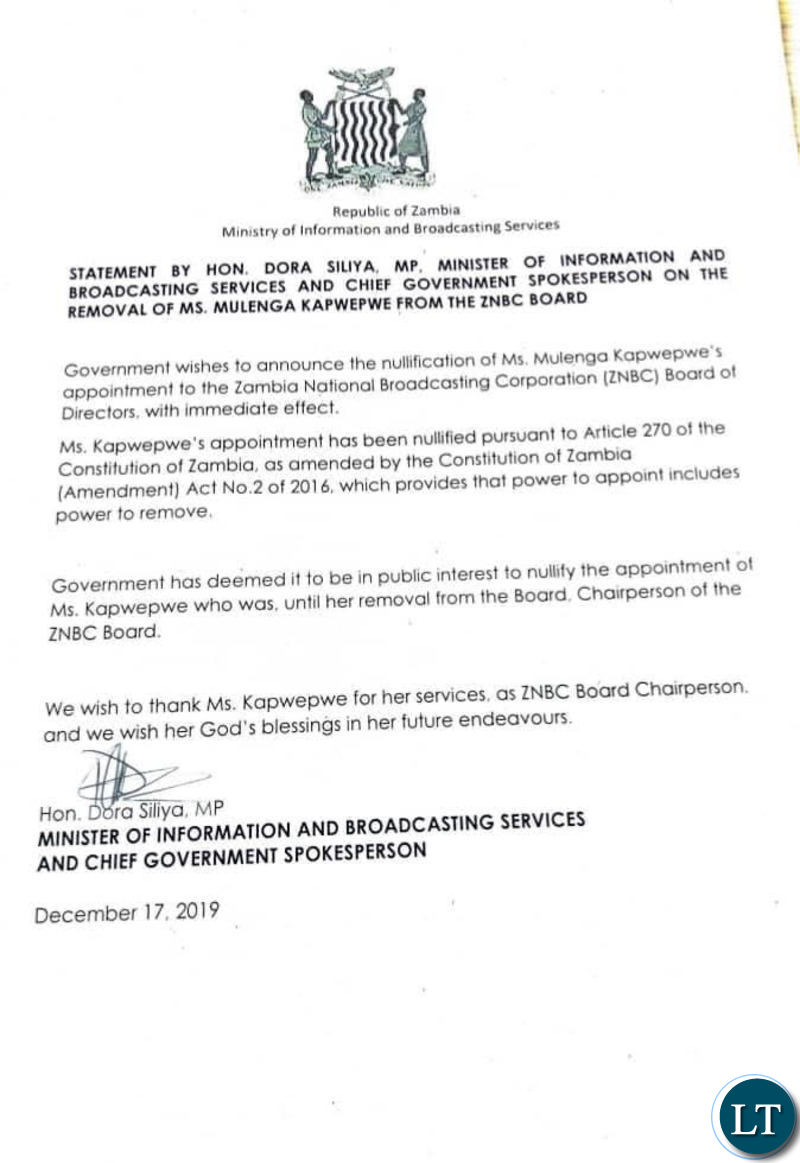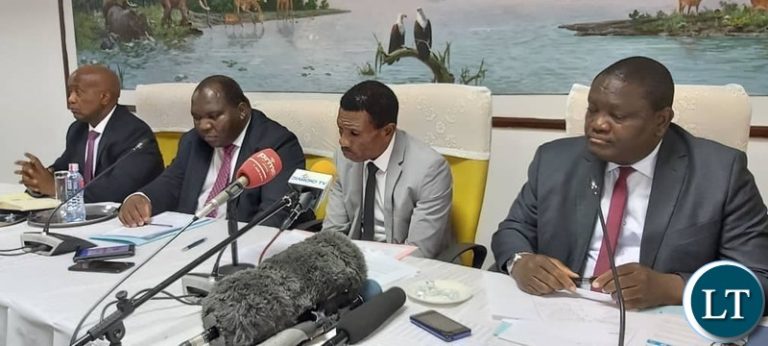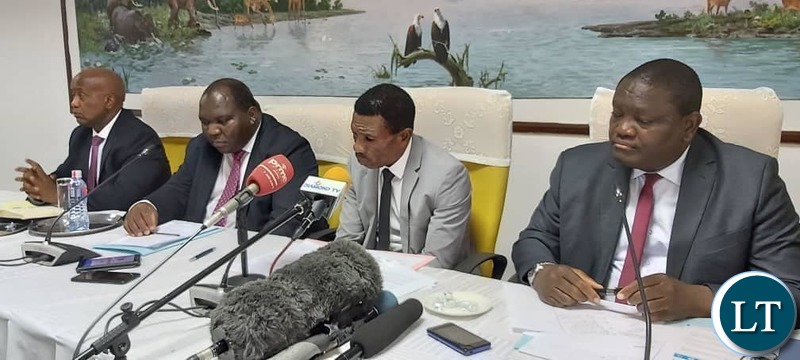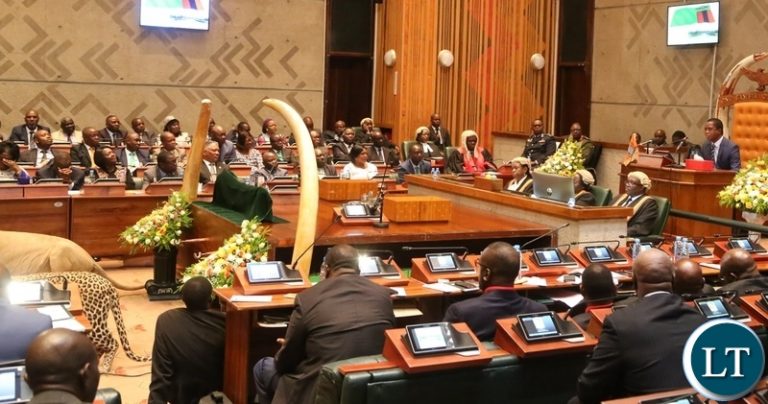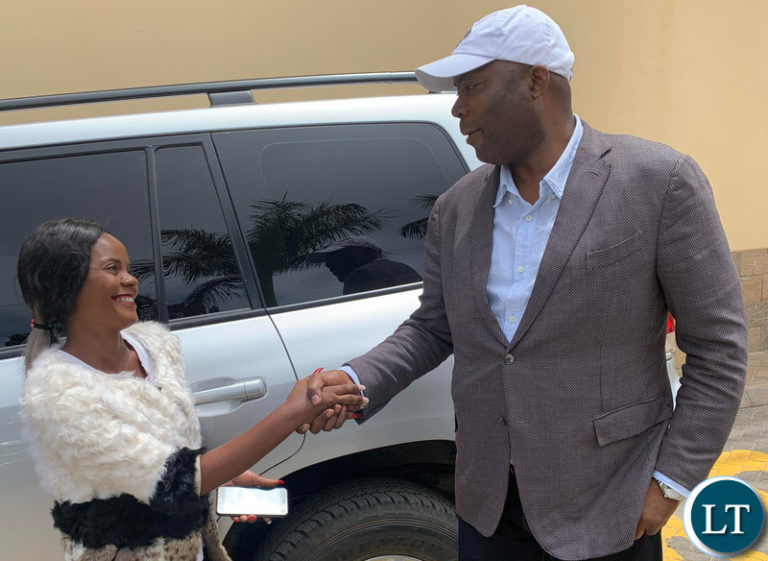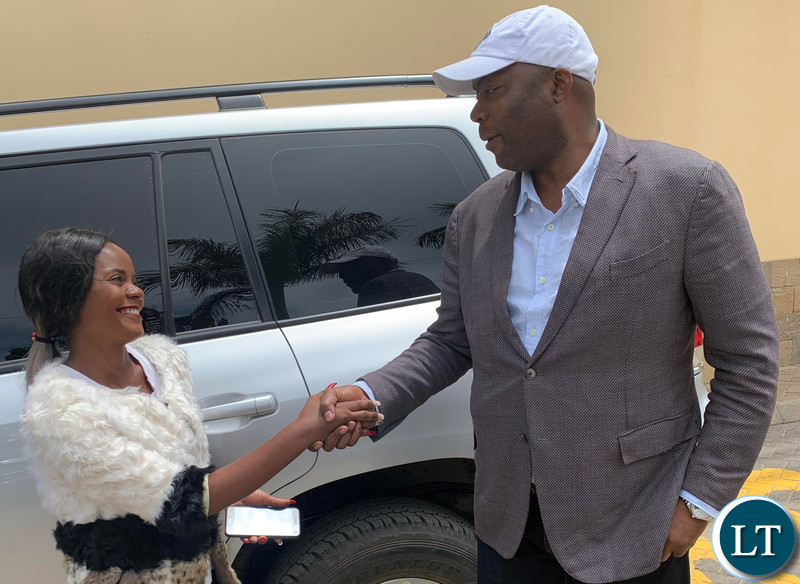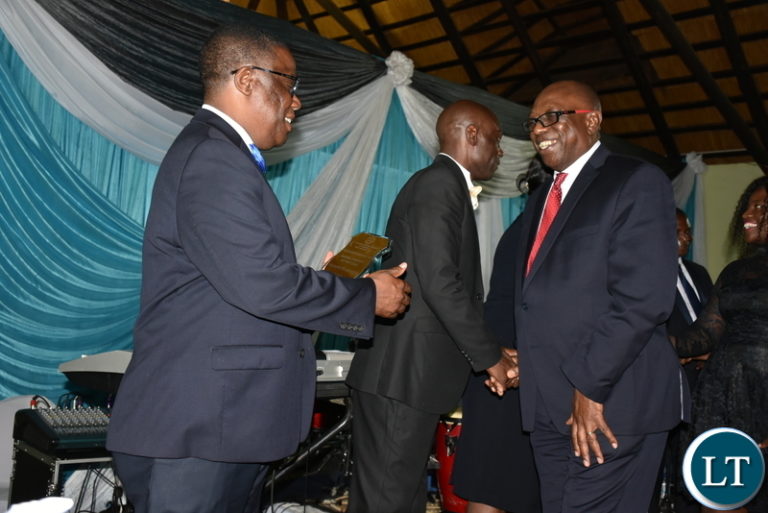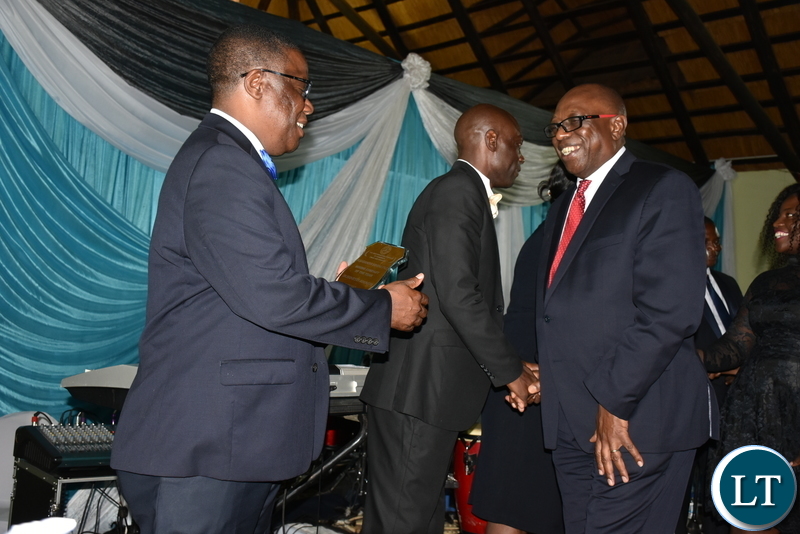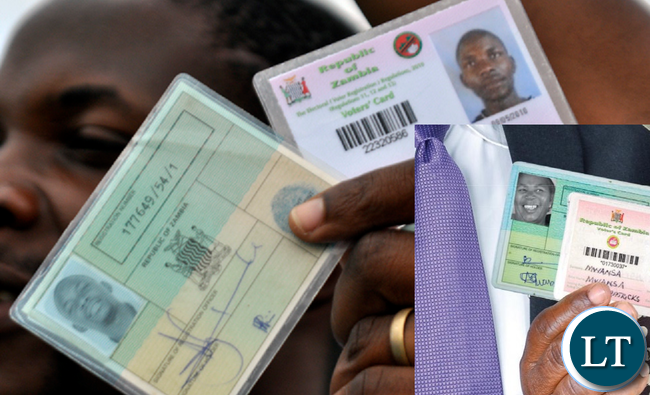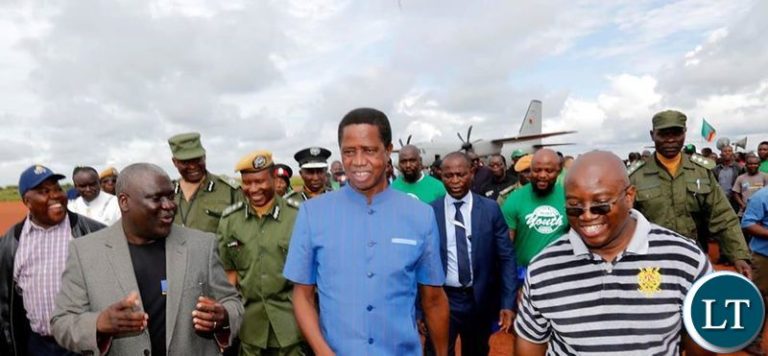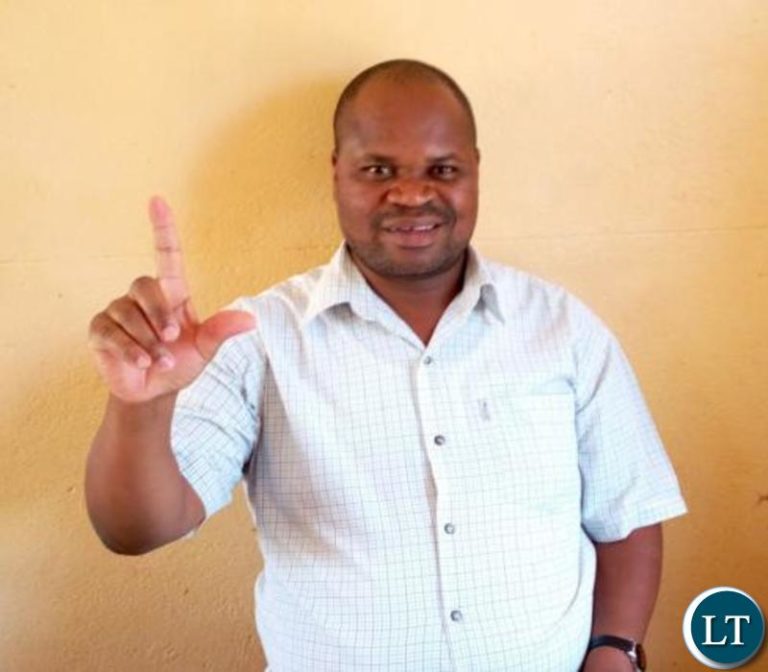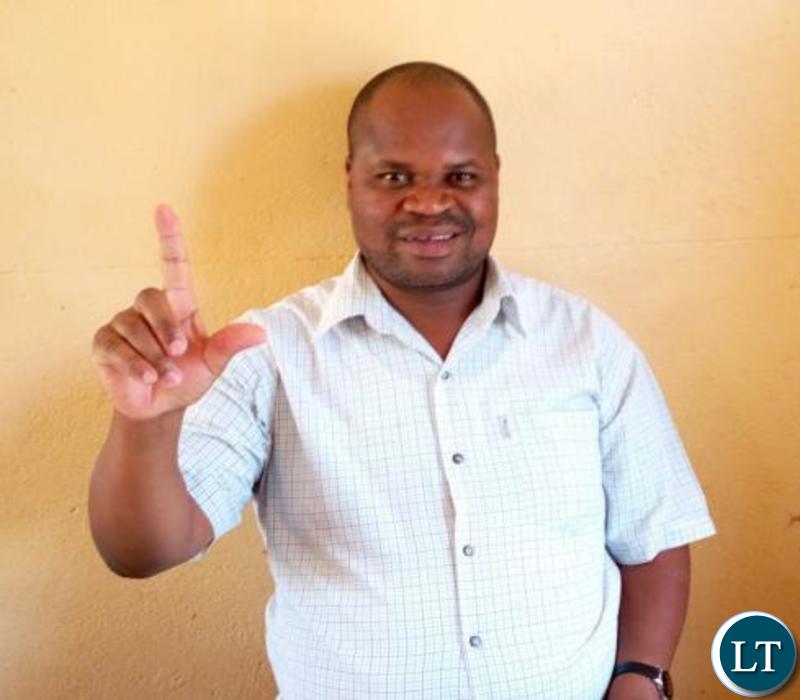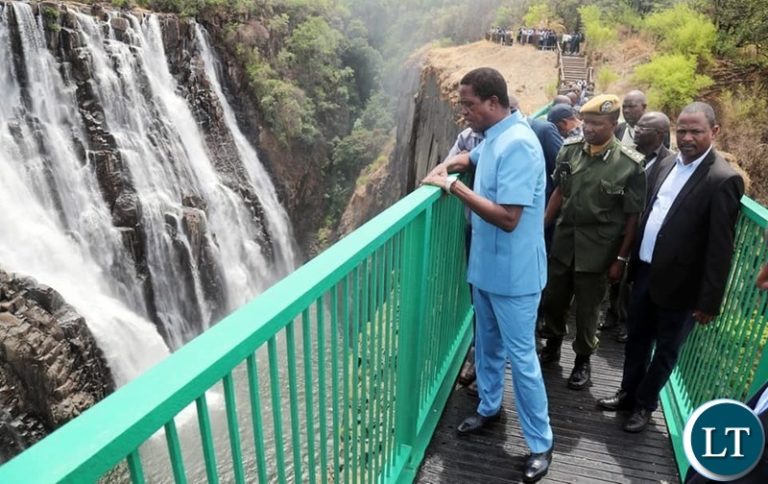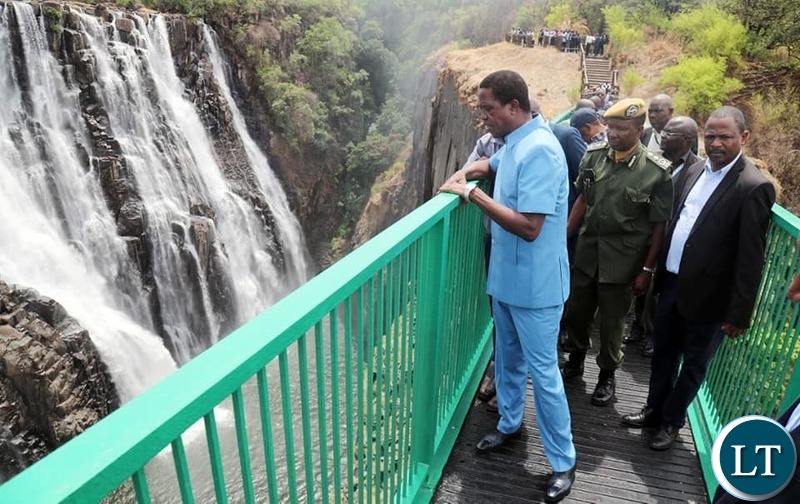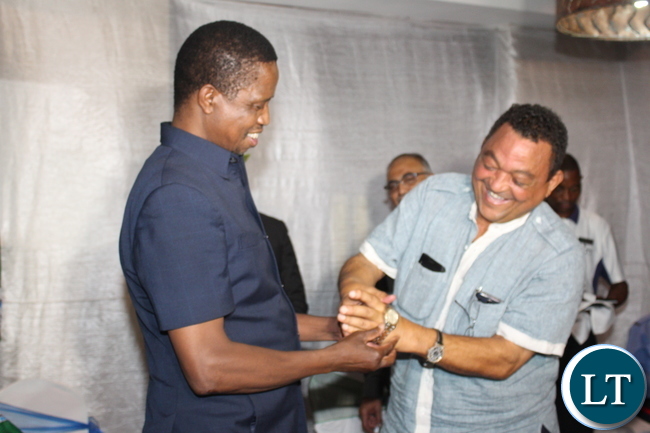The Zambia and South Africa U20 national team benches have made a preliminary technical exchange agreement between the two teams.
Zambia Under-20 coach Oswald Mutapa disclosed this after his side beat South Africa 3-0 in the 2019 COSAFA U20 Cup final on December 14 at Nkoloma Stadium in Lusaka.
“We discussed with my colleague, that there is need to adequately prepare our teams for future events like the 2021 U20 AFCON qualifiers and that can only be done through our associations. We have exchanged numbers with my colleague so that we are able to prepare the boys for bigger occasions than the COSAFA,” Mutapa said.
South Africa coach Helman Mhkalele said his and Mutapa’s vision was to make COSAFA junior football a force to be reckoned with beyond the region.
“As the coach has alluded to, we are on the same page in relation on building strong teams that can go out and compete against West African countries,” Mhkalele said.
Zambia is the only COSAFA nation to have won the U20 AFCON when the lifted it as hosts in 2017 while South Africa were runner-up in 1997.
WEEKEND SCORECARD
-2019 COSAFA U20 CUP FINAL
Nkoloma Stadium, Lusaka
Third-Place Play-Off
Madagascar 1 (Randianantenaina Arnaud 59”) -Angola 5 (Congo Zalata 9′, 15′, Ambrosini Salvador 46′, 69′, Hermenegildo Sengui 83′)
Final
South Africa 0-Zambia 3 (Jonathan Munalula 40’, 84’,Francisco Mwepu 45’)
-FAZ SUPER DIVISION
14/12/2019
WEEK 10
Lumwana Radiants 1(Chaniza Zulu 5′)-Zanaco 1(Chitiya Mususu 18′)
WEEK 11
Kabwe Youth Soccer Academy 3(Daniel Chama 44′ 60′ 87’pen)-Kansanshi Dynamos 2(Wilford Sikanyika 30′, Nasha Kaya 51′)
Kabwe Warriors 1(Jimmy Ndhlovu 15′)-Napsa Stars 3(Collins Sikombe 5′ Doisy Soko 41′,Laudit Mavugo 65′)
Nkana 1(Idris Mbombo 78′)-Zesco United 0
15/12/2019
Forest Rangers 0-Green Buffaloes 0
Buildcon 2(Chanda Mushili 15′,Moses Phiri 45′)-Mufulira Wanderers 1(Kamal Jafaru 56′)
11/12/2019
WEEK 9
Green Eagles 2( Tapson Kaseba 38′ 73′)-Kansanshi Dynamos 0
WEEK 11
Zanaco 0-Power Dynamos 3(Larry Bwalya 37’47’,Fredrick Mulambia 60′)
2019/2020 TOP SCORERS
LEAGUE
15/12/2019
Jesse Were (Zesco):10
Idris Mbombo(Nkana):9
James Chamanga(Red Arrows):7
Jimmy Ndhlovu(Kabwe Warriors):5
Elias Maguri(Nakambala Leopards):5
Bornwell Mwape (Napsa Stars):5
Moses Phiri (Buildcon) :4
Emmanuel Manda(Lumwana Radiants):4
Babe Basile(Lusaka Dynamos):4
Kennedy Musonda (Green Eagles):4
Adams Zikiru (Forest Rangers):4
Chitiya Mususu(Zanaco):3
Laudit Mavugo (Napsa Stars) :3
Collins Sikombe (Napsa Stars) :3
Larry Bwalya(Power Dynamos):3
Fredrick Mulambia(Power Dynamos):3
Royd Alfonso (Kansanshi Dynamos):3
Jeff Banda (Nkwazi):3*
Roger Kola (Zanaco):3
Martin Dzilah (Lumwana):3
Daniel Chama (KYSA):6
Thabani Kamusoko(Zesco):3
Friday Samu (Green Buffaloes):3
Emmanuel Phiri (Kansanshi):3
Winston Kalengo (Zesco):3
Bruce Musakanya (Red Arrows):3
Chris Mugalu (Lusaka Dynamos):3
Eric Choomba(Nkwazi):3
Doisy Soko (Napsa Stars):2
Chanda Mushili(Buildcon):2
Jamal Jefaru (Mufulira Wanderers):2
Tapson Kaseba (Green Eagles):2
Shadreck Mulungwe (Green Eagles):2
Moro Ameru (KYSA):2
Chaniza Zulu(Lumwana):2
Willy Stephanus(Lusaka Dynamos):2
Moussa Lemisa(Lusaka Dynamos):2
Rahim Osumanu (Mufulira Wanderers) :2
Paul Simpemba (Green Buffaloes):2
Gozon Mutale(Green Eagles):2
Kelvin Mubanga(Nkana):2
Jack Chirwa (Green Buffaloes) :2
Anthony Akumu (Zesco United):2
Ronald Kampamba (Nkana):2
Danny Silavwe (Napsa Stars):2
Tafadzwa Rusike (Zanaco):2
Evans Musonda(Red Arrows):2
Patrick Ilongo(Forest Rangers):2
Junior Zulu(Nakambala):2
Charles Zulu (Zanaco):2
Alidor Kayembe(Buildcon):2
Biramahire Abeddy (Buildcon):2
Kwame Attrum (Mufulira Wanderers):2
Ian Sililo(KYSA):2
Spencer Sautu(Green Eagles):2*
Wilford Sikanyika (Kansanshi):1
Nasha Kaya (Kansanshi):1
Richard Zulu (Lumwana):1
Hosea Silwimba (Green Eagles) :1
Mise Katende(Mufulira Wanderers) :1
Christian Ntouba (Power Dynamos) :1
Eric Kabulo (Buildcon) :1
Dominic Chanda(Kabwe Warriors):1
Felix Nyaende (Kabwe Warriors):1
Eddie Sinyangwe(Green Buffaloes):1
George Ngoma (Green Buffaloes):1
Akakulubelwa Mwachiyaba(Kabwe Warriors):1
Stephen Kabamba(Green Buffaloes):1
Webster Muzaza (Forest Rangers):1
Laurent Muma (Forest Rangers):1
Marvin Jere(Lusaka Dynamos):1
Clement Mwape (Zesco):1
Umaru Kasumba (Zesco):1
Quadri Kola (Zesco):1
Martin Kayuwa(Power Dynamos):1
Lazarus Zulu(Kansanshi):1
Peter Mwangani(Forest Rangers):1
Moonga Chilimba (Buffaloes):1
Leonard Mulenga(Buffaloes):1
Felix Bulaya (Nakambala):1
Joseph Mwandilila(Green Eagles):1
Norbet Chisala (Kansanshi Dynamos):1
Chisenga Lukwemba(Nakambala):1
Andrew Kwiliko (Green Eagles):1
Tresor Ilunga(KYSA):1
Derrick Mwansa (Kabwe Warriors):1
Patrick Kasunga (Kabwe Warriors):1
Andrew Tololwa (Red Arrows): 1
Linos Makwaza Jnr(Power):1
Obeddy Masumbuko (Nkana):1
Thomas Banda(Napsa): 1
Davies Kamanga(Mufulira Wanderers):1
Simon Nkhata (Napsa Stars):1
Ali Sadiki(Kabwe Warriors):1
Benson Sakala(Power Dynamos):1
Isaac Ngoma (Kansanshi Dynamos):1
Enock Sabamukumana(Zesco):1
Erick Chomba (Nkwazi):1
John Ngoma(Nakambala):1
Simon Mulenga (Nkana):1
Isaac Shamujompa (Buildcon):1
Austin Banda(Napsa Stars):1
Harun Shakava (Nkana):1
Emmanuel Habasimbi(Lusaka Dynamos):1
Peter Mwaangani(Forest Rangers):1
Moussa Souleymanou (Zanaco):1
Luka Banda (Napsa):1
Mukuka Chewe (Lumwana):1*
Amity Shamande (Green Eagles):1
*Denotes an own-goal
INTERNATIONAL
14/12/2019
UNDER-20
Francisco Mwepu (Lusaka Celtic):5
Jonathan Munalula (Roan United):2
Patrick Gondwe (Nkana):2
Jimmy Mukeya (Napsa Stars):2
Golden Mawfenta (Zanaco):1
Elliot Kampukesa (Nchanga Rangers):1
Ricky Banda (Jumulo):1
Crawford Mwaba (MUZA):1
